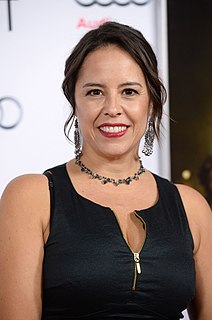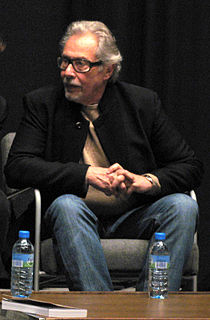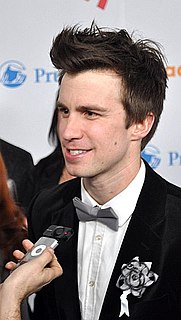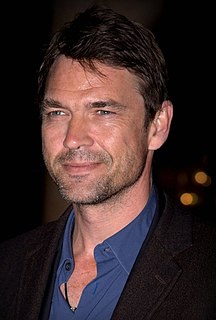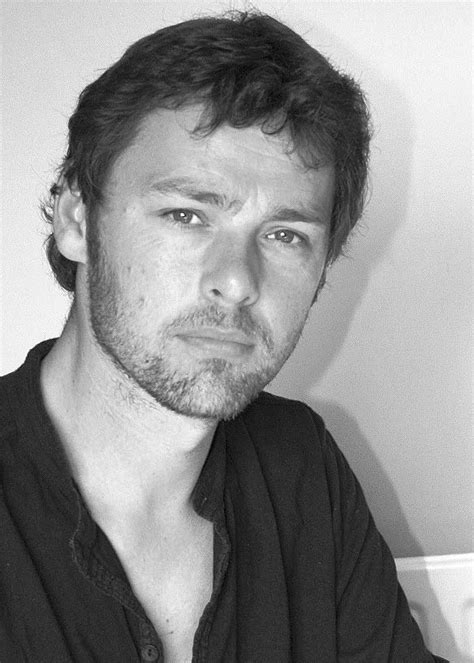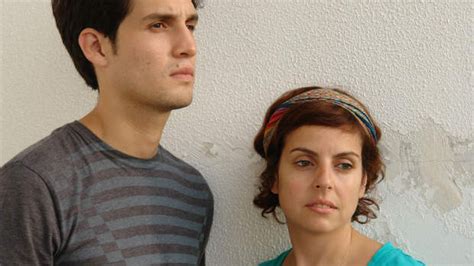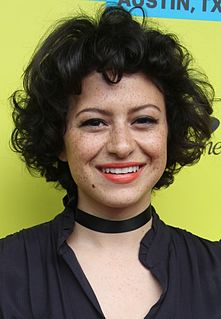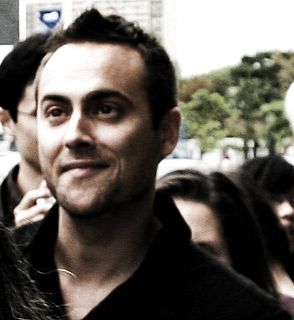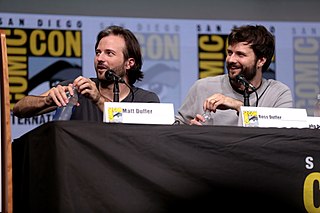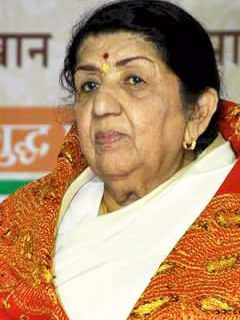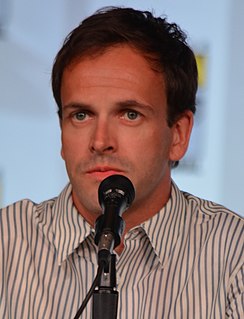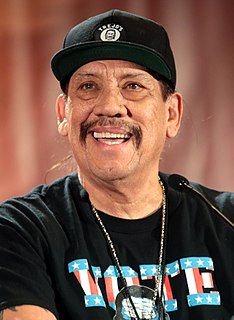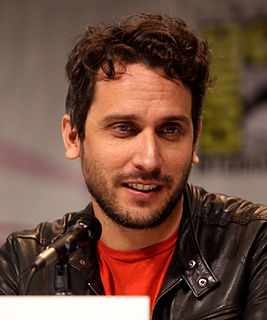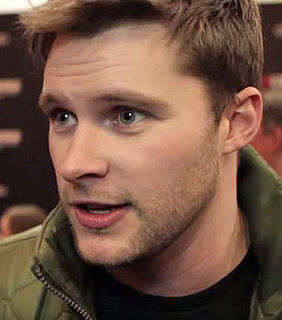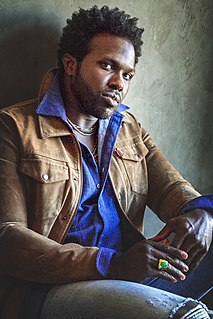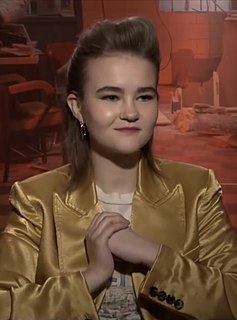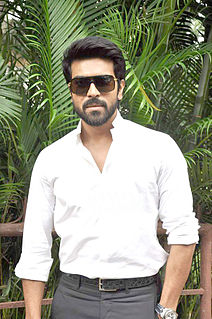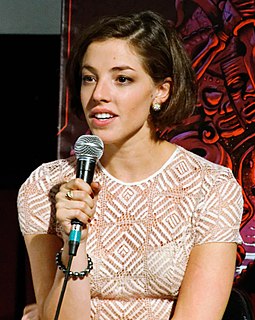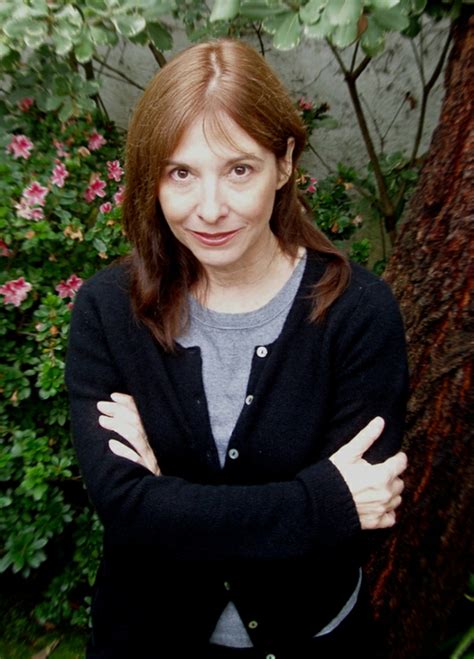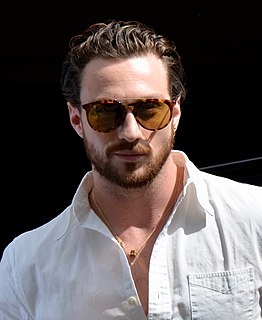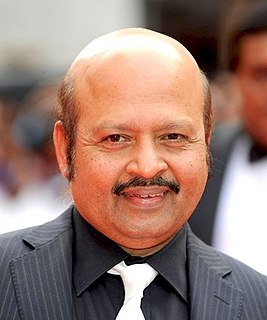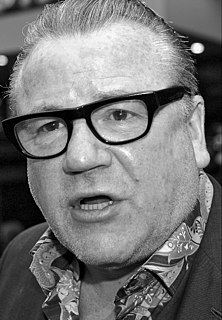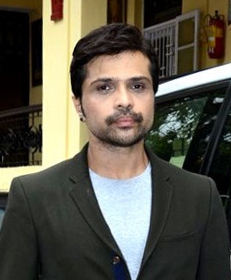Top 1200 Directors Quotes & Sayings
Explore popular Directors quotes.
Last updated on April 14, 2025.
I don't want to rescind American directors but I think that European directors in general, because of the size of the nations in Europe are exposed to all different cultures, they can easily travel from one distinct culture to another in a matter of hours - you can drive for two weeks across the United States and you're in the same basic culture - so there is a certain breadth of understanding and sophistication that they bring to it and frankly, in some cases they are less expensive than American directors.
I watched a lot of silent directors who were absolutely great like John Ford and Fritz Lang, Tod Browning, and also some very modern directors like The Coen Brothers. The directors take the freedom within their own movies to be melodramatic or funny when they chose to be. They do whatever they want and they don't care about the genre.
When I first started out, it was very, very difficult to even get in the room with directors or casting directors because they would see that I hadn't been to drama school and wouldn't want to see me. Now, I feel like it's changing. We have this new generation of a lot of writers, directors and actors who are just breaking through, and they're doing it for the passion.
Any filmmaker, big directors, and I'm not dropping any names - I actually have couple names I want to say, but I will not - we have a ratio. Each thing you repeat, my ratio is one to four.Actually some people are ratio one to 34. I know couple directors, big directors, they are just shooting over and over.
Most directors, I discovered, need to be convinced that the screenplay they're going to direct has something to do with them. And this is a tricky thing if you write screenplays where women have parts that are equal to or greater than the male part. And I thought, 'Why am I out there looking for directors?'—because you look at a list of directors, it's all boys. It certainly was when I started as a screenwriter. So I thought, 'I'm just gonna become a director and that'll make it easier.'
Marvel has this tradition, and I think that Sony has this tradition too, of hiring directors for Spider-Man who are dramatic directors. That are directors who are interested in human beings, in characters, in drama, and who are really good with actors. That kind of feels like a Spider-Man director to me. And because Spider-Man is always as big as the films that are being made at Marvel, it always is character and story. You can never take that out.
